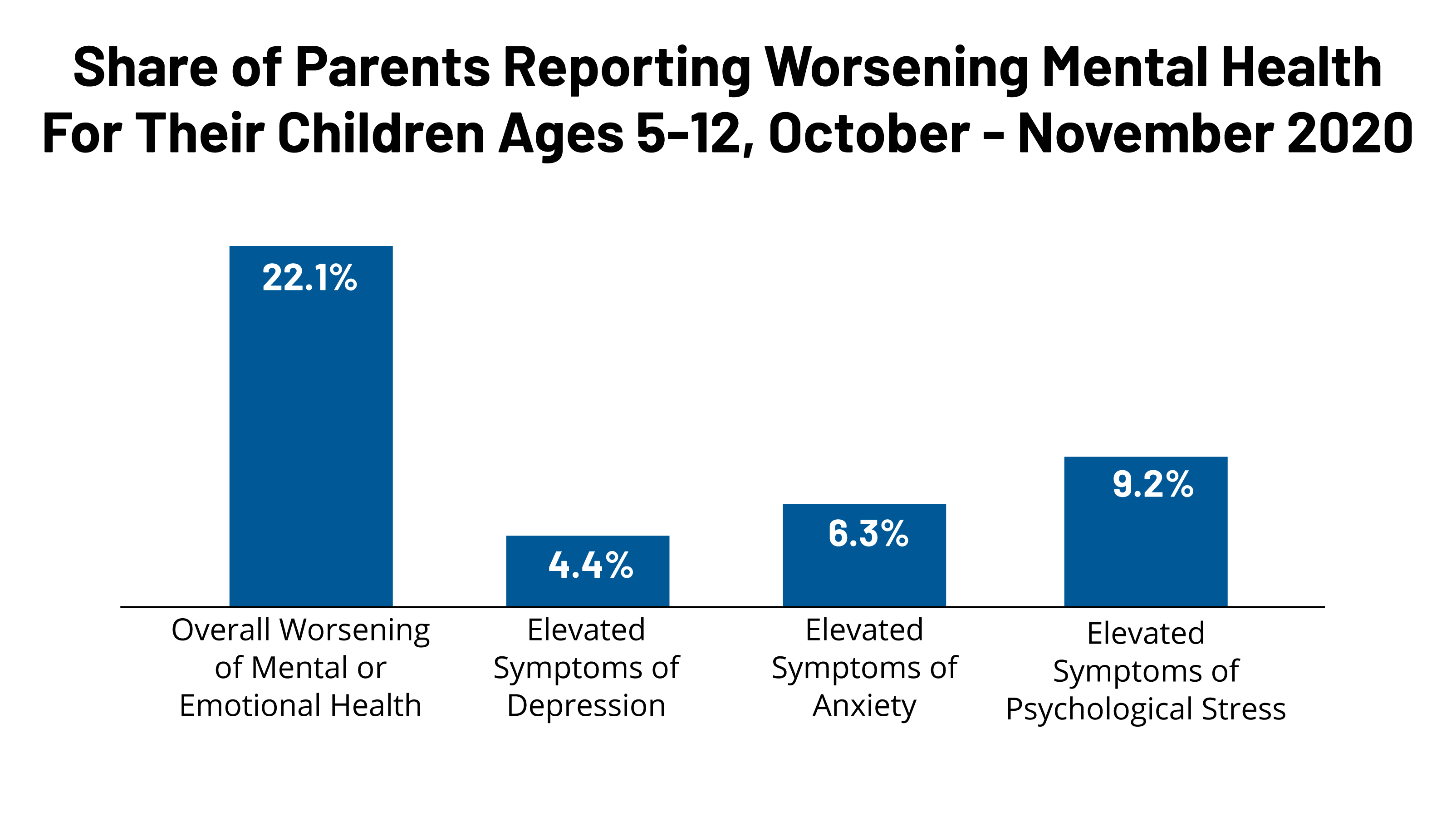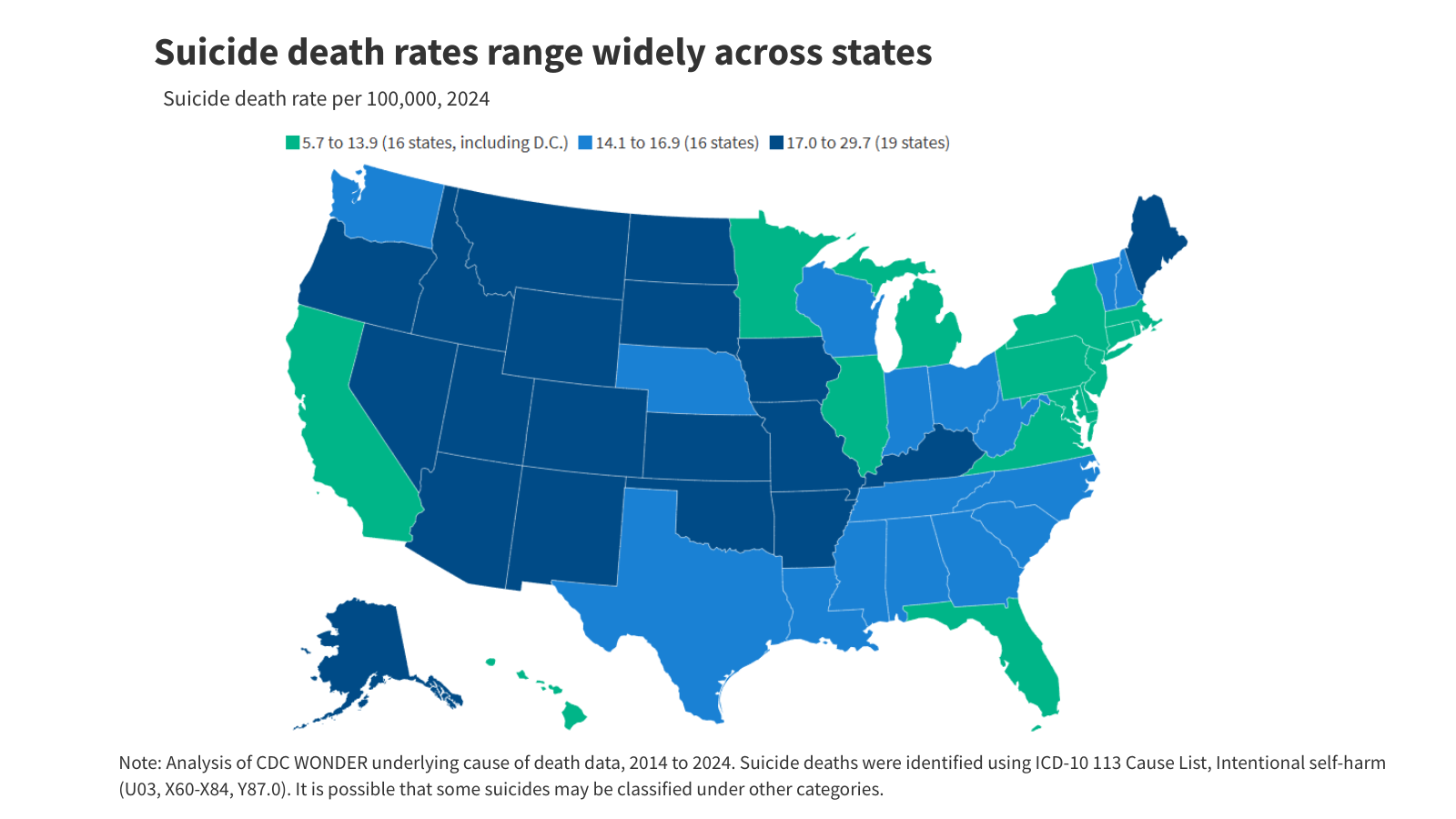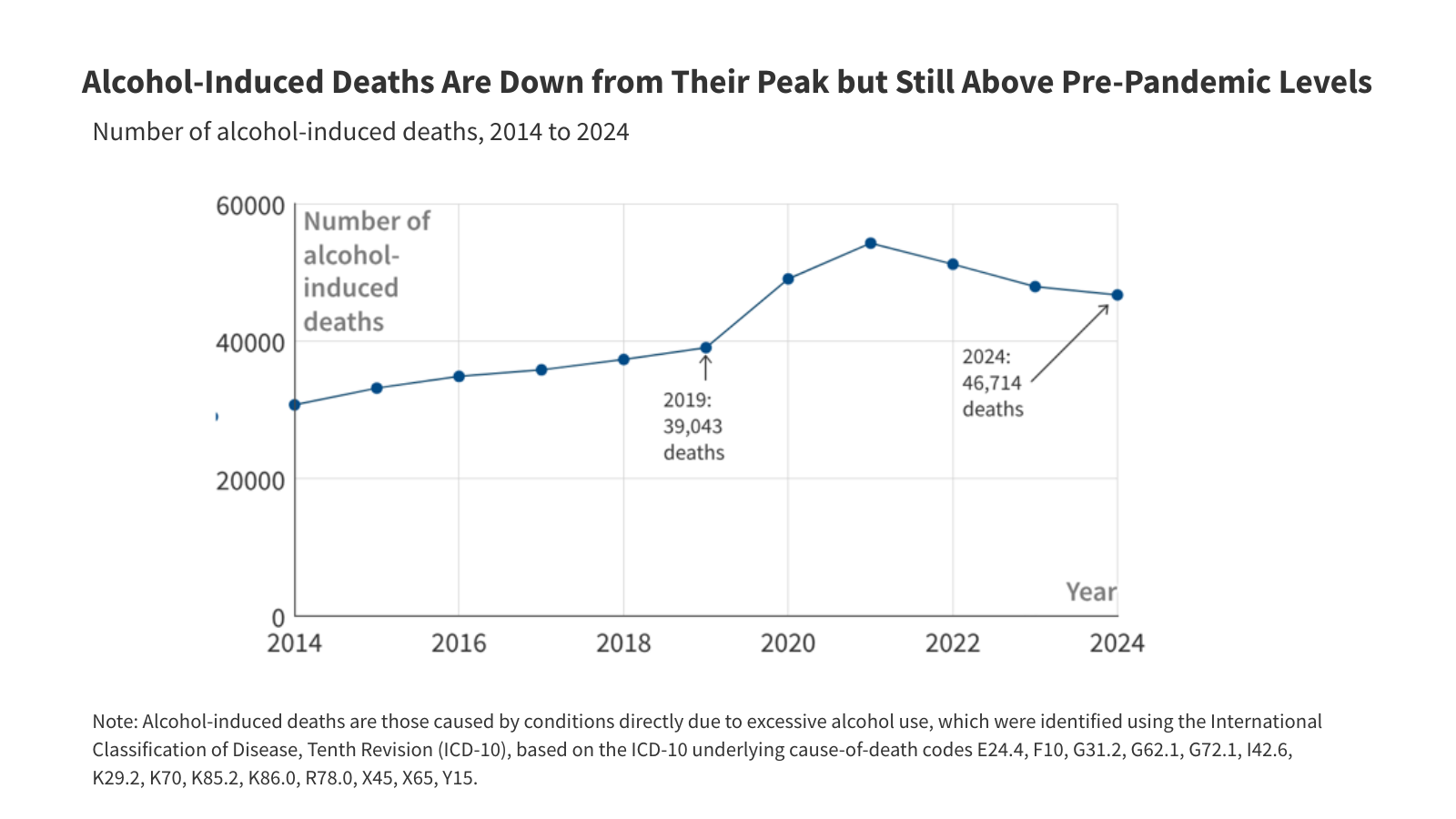Mental Health and Substance Use Considerations Among Children During the COVID-19 Pandemic
This brief explores factors contributing to poor mental health and substance use outcomes among children during the pandemic, highlighting groups of children who are particularly at risk and barriers to accessing child and adolescent mental health care.





